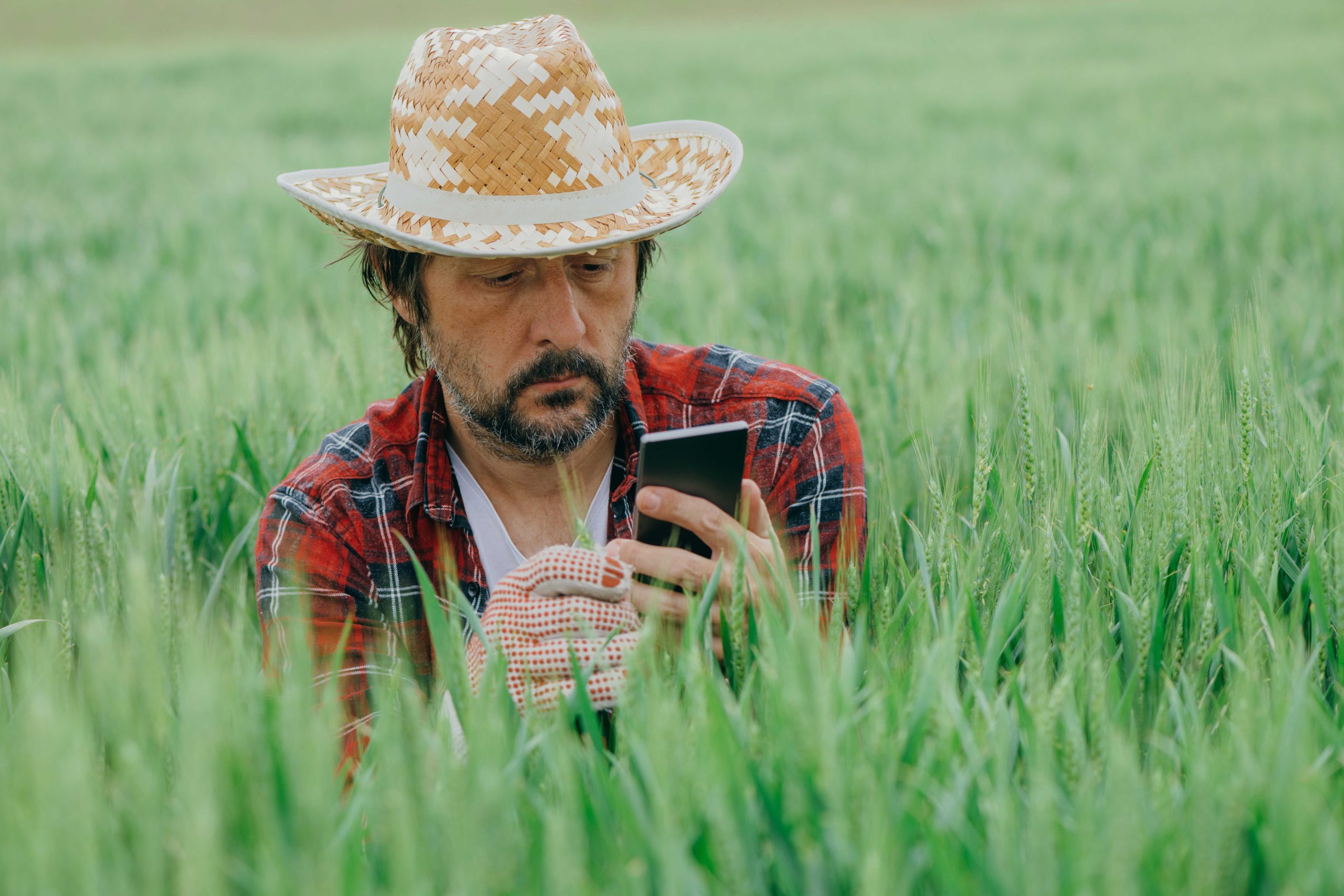
Smart Agriculture: Improving Agri Practices with Fox ERP for Agriculture

FoxERP
Agriculture and agricultural practices comprise a significant share of the GDP of a country’s economy.
The share of GDP varies from country to country, but farming is an occupation that predominantly works traditionally and manually.
However, the global emergence of the COVID-19 pandemic is all set to change this practice. With the rising advent of digital transformation, agriculture, too, is adopting digitized business practices, resulting in digital or smart farming.
Smart Agriculture, Digital Agriculture, Smart Farming, and E- agriculture are interchangeably used by the industry players, which ultimately refers to the digitized way of doing agriculture.
Smart Agriculture refers to a concept that combines conventional farms with new and emerging technologies such as IoT.
The sole purpose of Smart farms is to increase the quality of agricultural products while optimizing human intervention.
Initially, agricultural players were vulnerable to investing in smart technologies to carry out farming practices.
However, with the benefits of smart farming and the surge in digitization, agro-business players and farmers have started investing in agricultural business. Hence, digitized agro-business processes are creating a significant turnaround in agricultural operations.
Smart farming has many benefits, such as better decision making, cost reduction, and improved crop production in terms of quality and quantity of the crops.
Another benefit of smart farming is the improved sustainability and derived benefits from the optimal number of pesticides and fertilizers that have a lesser impact on the environment.
Recently, agro practices have witnessed an upper edge in carrying out manual techniques with the application of digitized agricultural practices, which include the following:
1. Smart cattle feeder
The smart feeder is extensively visible in the cattle rearing business aspect of the farming activities.
It is not humanly possible for farmers to be present on the farm every time and keep a track record of timelines for feeding the cattle.
Smart cattle feeder automates this momentous task to monitor farm animals’ eating habits and well-being and dispense the most optimal amount of food at specific periods, thereby avoiding the need for farmers to be present at the farm sites and cater to the animal feeding.
2. Automated Farming
Digitized business processes lead to automation of business processes. The same goes for agricultural practices.
Some of the significant applications of innovative agriculture projects include automating the farms and digitizing the entire farming process.
Automated farming activities involve watering the farm fields, opening fences for the livestock, and setting automation that monitors the status of the crops.
3. Weather & climate conditions
Automation of weather and climate with digitization goes a long way.
Getting insights on climate conditions and its assessment allows users to estimate the crop yield, thereby making better decisions and leading to better crop yield.
IoT has eased the farming activities with the rising applications of smart farming activities that enable automation in agriculture, digitizing the traditional manual processes, which was not the reality a few decades ago.
Moreover, ERP software has gained traction in streamlining and digitizing the agro-business processes in the most efficient ways.
ERP products can easily streamline agricultural practices with IoT, analytics, artificial intelligence, machine learning, and other technology offerings.
Furthermore, ERP products enable accurate insights into various parameters by making data-driven agribusiness decisions.
“Fox ERP for Agriculture” is one of the most preferred ERP software widely used by the masses that record and track the crop field’s locations, diseases of crops and plants, fertilizers, and the overall crop cycles.
With “Fox ERP for Agriculture,” users can analyze their crops, plants, soil, water, and weather through analytics and insights for multiple crop fields simultaneously.
It also manages all the agriculture-related activities with just one software by recording and tracking the orders and invoices and crops and fertilizers, benefitting various agricultural stakeholders across the entire value chain.
From predicting the weather forecasts to monitoring crop yields, “Fox ERP for Agriculture” has expertise in most farming activities, thus, digitizing the entire farming activities.
Conclusion
Digital is the new normal, and so are digitized business practices. In the post-COVID-19 era, the world will leverage digitization as it has become the dire need of the new normal.
Just like other industries, agricultural activities, too, are digitized.
“Fox ERP for Agriculture” streamlines the farming activities and enables farmers to make actionable insights in digitally driven ways.
Recent Posts

FoxERP
Unleashing the Power of ERP Cloud Migration: Benefits, Challenges, and Options
In the contemporary business landscape, Enterprise Resource Planning (ERP) systems play a pivotal role in driving operational efficiency and facilitating strategic decision-making. With the rapid evolution of cloud technology, organizations are increasingly exploring the option of migrating their ERP systems to the cloud to unlock a plethora of benefits and drive digital transformation.

FoxERP
The ERP Revolution: Navigating Enterprise ERP System Challenges
Enterprise Resource Planning solutions can be a lifesaver for businesses. It enables you to automate all your day-to-day business processes in a centralized and streamlined platform. Today, most business organizations implement ERP solutions like FOX ERP to improve business operations, boost data security and data quality, automate workflows, and enhance customer service.

FoxERP
Unlocking Organizational Success by Embracing the Strategic Roadmap to ERP Implementation
Do you know? The global ERP software market is expected to reach a staggering $78.40 bn by 2026, growing at a CAGR of 10.2%. The global ERP software market is estimated to take over 40% of the market share by 2025.



